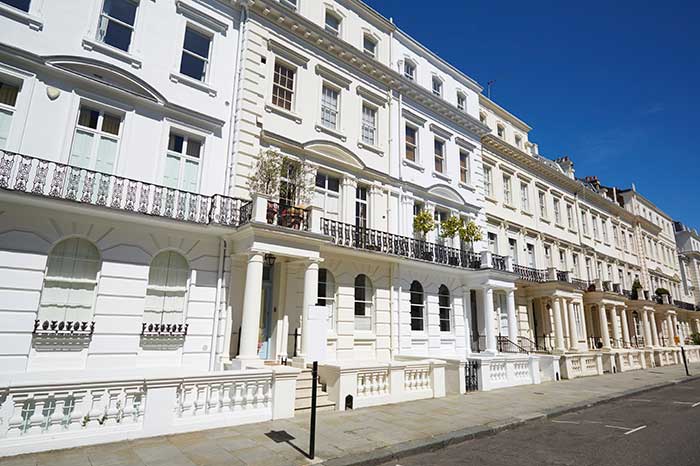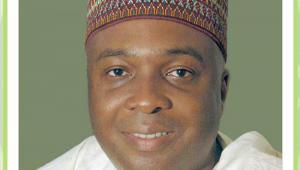web_nottinghillhouses_istock_000079618661_large.jpg

Foreign companies who own property in London will be forced to disclose their true owners following prime minister David Cameron's announcement.
Prime minister David Cameron said his government will launch a public register listing the owners of foreign companies that own property in the UK, with the other four governments expected to make their own announcements over the course of the day.
Australia, New Zealand, Jordan, Indonesia, Ireland, Argentina and Georgia are also expected to agree to take the initial steps towards similar arrangements.
Cameron said that the global scourge of corruption, which lies at the heart of the world’s most urgent problems including economic uncertainty, endemic poverty and extremism, needs a “truly global solution”.
“It needs an unprecedented, courageous commitment from world leaders to stand united, to speak into the silence and demand change,” he continued.
“This is why I am hosting this summit. Today is just the start of a more coordinated, ambitious global effort to defeat corruption.”
The Anti-Corruption Summit will see governments, businesses, civil society, law enforcement and sports bodies from around the world descend on London to step up global action against corruption.
This first announcement from the UK will see all foreign companies that already hold or want to buy property in the UK, or bid for central government contracts, forced to reveal who really owns them from next month.
Around 100,000 properties in England and Wales are held by foreign companies, with over 44,000 of these in London.
The government’s statement said revealing ownership will mean corrupt individuals and countries will no longer be able to move, launder and hide illicit funds through London’s property market, and will not benefit from other public funds.
Other announcements include that 40 jurisdictions have signed up to an international deal to automatically share registers of beneficial ownership with other countries.
This includes some British overseas territories and Crown dependencies but, much to Mr Cameron’s embarrassment, not the British Virgin Islands or the Cayman Islands.
Both are hubs of financial secrecy and well-known tax havens, which the prime minister has been under much pressure to bring in line with global norms on transparency.
Their refusal to participate in global efforts to fight cross-border tax evasion and corruption, including those spearheaded by Cameron himself, puts his attempts to position the UK at the forefront of the fight against these problems on shaky ground.
The UK government has also announced that an International Anti-Corruption Coordination Centre will be established in London by the UK, the US, Canada, Australia, New Zealand, Switzerland and Interpol.
Experts from law enforcement agencies in these countries will provide international coordination and support to law enforcement agencies and prosecutors working across borders to fight corruption.













